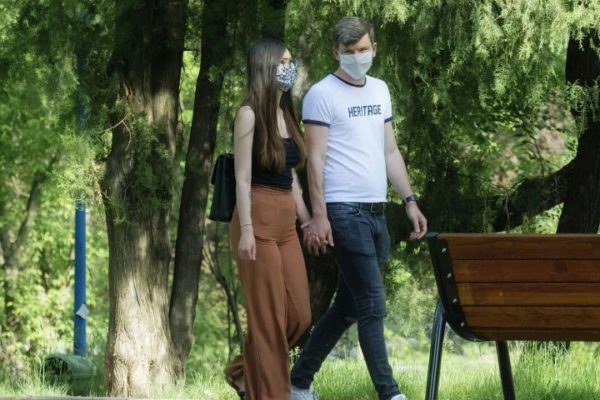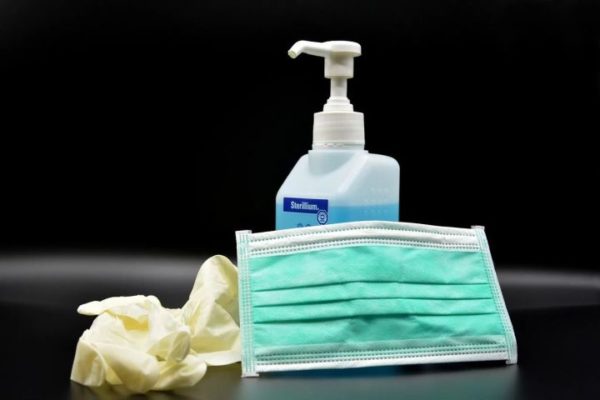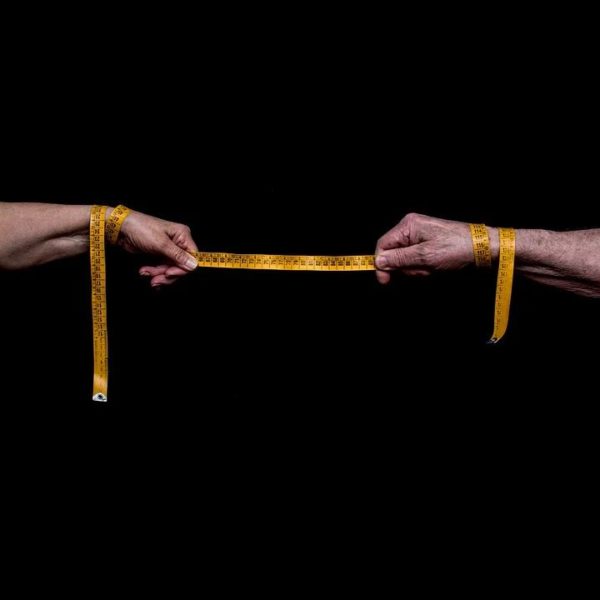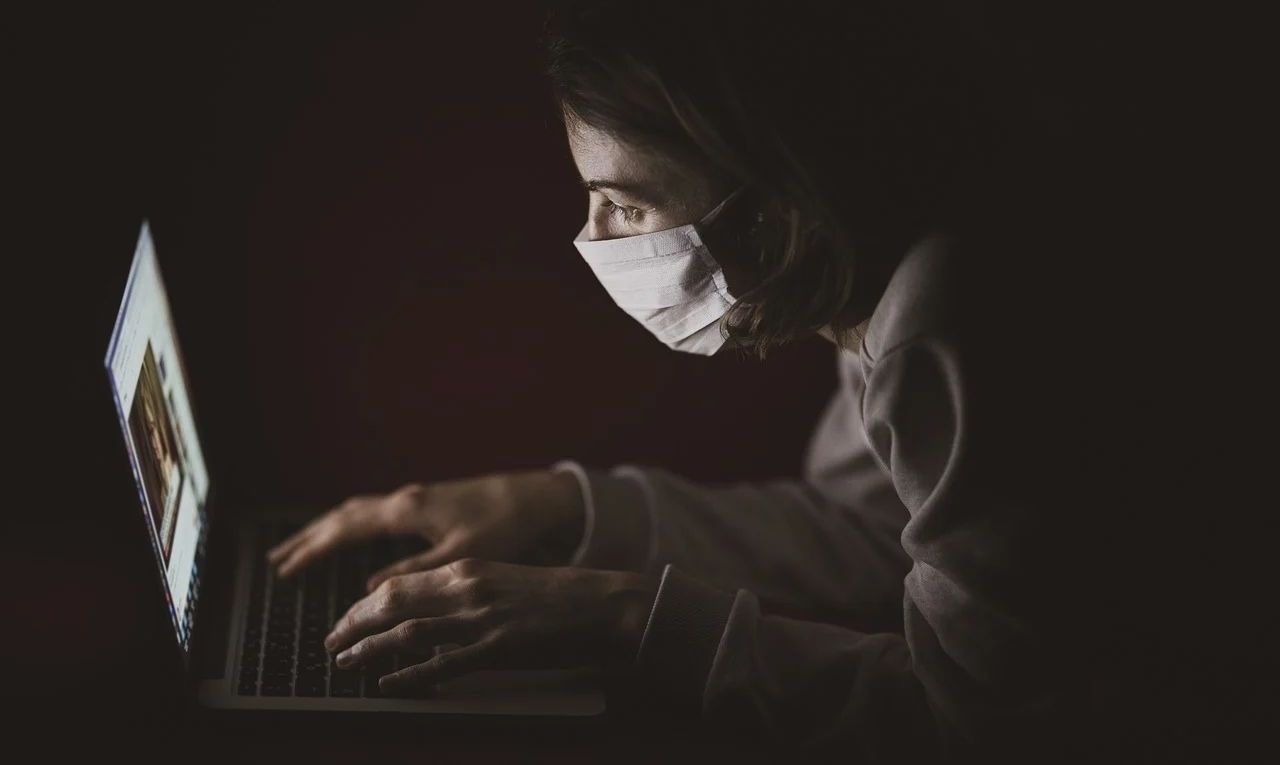May 15 is the date when the State of Emergency in Romania ends and the deployment of some relaxation measures begin. The country will be, from now, in a State of Alert – but there are still a lot of restrictions in place and life is not getting back to normal – far from it.
Romania went into lockdown mode on March 15th, when the State of Emergency was declared for a month. Since then, it has been prolonged by an additional month but now the authorities decided that it’s time to loosen the grip a bit and allow some normality back into our lives, encouraged by the evolution of the cases in Romania.
I already wrote my thoughts regarding this premature ending of the State of Emergency, but hopefully the authorities know better. Time will tell if this is the case.
But even as we switch to a more relaxed State of Alert, there are still many restrictions that apply and the president (as well as many other officials) tried to make it as clear as possible that life is not getting back to normal and all citizens should act with utmost caution.
Judging by the increasing number of people that I see roaming the streets – most of them without masks and apparently without worries – these warnings are generally ignored… but at the same time, streets are still emptier than they were before and you can see that at least some people take extra measures to protect themselves.

But since at an individual level, there’s not much we can do, we can at least check out the new restrictions and better understand the State of Alert in Romania: what are you allowed to do, how and when?
All the data that I am sharing below comes from an official Romanian document, the CNSSU’s decision (#24 on 15.05.2020) – it was in Romanian, but I am translating in English all the notes and mentions.
So here is what the new State of Alert means and which are the first set of relaxation measures in the country (most important for foreigners visiting the country is #7 below, and #13 for those already in the country)
1. Starting may 15th, all people must wear maskes that cover their mouth and nose in all shops, public transport vehicles, while at work and in any other closed space.
(My note: apparently, it is not clear what kind of sanctions will there be for those who don’t do this. No sanctions means that more people will simply ignore this).
2. All businesses (including state offices) should prioritize working from home. If that is not possible, there is a set of measures that have to be taken (like screening of all people and additional safety measures in offices).

3. For businesses and operations that involve direct interaction with customers, they must offer 4 square meters of space per client, making it mandatory that there’s a distance of 2 meters in between people. Other safety measures are required (temperature screening, constant disinfection etc)
4. Most activities that involve the participation of large crowds are not allowed – both in open spaces, as well as closed ones. Some exceptions are allowed:
- People can go to church, but only outside of the buildings and no more than 16 people at a time
- activities in sports facilities (for professional athletes), as well as beauty salons
- some cultural activities are allowed (museums, libraries) as long as safety measures are respected
- outdoor activities (running, hiking, hunting, fishing etc) as long as there aren’t more than 3 people in a group.
5. Hotels, pubs, bars and restaurants remain closed, including the outdoors areas of these establishments. Food delivery services, as well as drive-in type of delivery are permitted, though.
6. Large shopping malls (over 15,000 square meters) are closed, but some activities are permitted within these spaces. For example, shops that can be entered separately from an outdoor area can be opened, just like pharmacies, cleaning shops, food shops and such.
7. Foreign citizens (from any country) are not allowed to enter Romania, with the following exceptions:
- they are family members of Romanian citizens
- they are family members of EU nationals AND they have a Romanian residency permit
- they have a residency permit, a visa or something similar which allows them to be in the country
- they travel for work (And have a visa for this or documents to prove it)
- state officials of state workers, military personnel and such
- passengers who only transit the country
- other more strict conditions that will not apply to travelers
8. Passenger flights towards the following countries are cancelled for 14 days, starting May 15th: Austria, Belgium, Switzerland, France, Germany, Iran, Italy, Great Britain, Spain, USA, Turkey.
There are some exceptions here that are not applicable to tourists, like charter planes for repatriation purposes, supplies and such.
9. The same as above goes for all sorts of land transportation for the countries mentioned above (to and from them).
There are also exceptions here: people who need to go to one of those countries for work are allowed to do so. People who return from work are also allwed to do so.
10. Dental practices can now operate again and hospitals can now work again with patients that are not considered emergencies.

11. All people who enter Romania from any foreign country will have to go through a mandatory isolation period at home (or, if they can’t do that or prefer not to do that, in special places set up by the officials).
12. Most of the land borders remain closed.
13. People are now allowed to freely leave their homes and no longer need to fill up a statement with their reasons, as long as they remain within the city limits. They must take all the precautions necessary. Parks will open, but playgrounds won’t.
14. People are not allowed to leave the city limits unless for a special reason and they have to fill up a form (and have it with them at all times). You can find the form that must be filled here (you need it printed on paper)
15. All schools and universities remain closed, but some students will be allowed to go to school to prepare for national exams (8th and 12th grade pupils).
And these would be the main restrictions that apply during this state of Alert. It will last 30 days, but it can be prolonged by 30 more (but not more than 60 days).
Of course, if things start to get worse, there is always the chance that the old State of Emergency will be reinstated and even stricter measures will be in place.
Until then, I am curious to see how will the people living in Romania deal with their newfound freedom.
We’re definitely going to take advantage of this and go for walks in the least crowded areas that we know (usually early in the morning) and, since we’re allowed to do it, we will go hiking in the nearby forests, hopefully away from other people.
From what I see, people are very relaxed and don’t really care much about the whole situation – maybe fueled by the fact that Romania wasn’t hit as hard as others. Also, many people still believe that this is nothing but a conspiracy and the virus is nothing more than the flu. Hopefully not enough of them to make everything go downhill fast…
- Beach, Please Festival 2024: Lineup, Schedule & Dates - April 19, 2024
- Best Music Festivals in Romania – with Dates & Lineups [2024 Update] - April 17, 2024
- Visiting the Peles Castle in Romania: Everything You Need to Know - April 11, 2024


I was surprised to hear how severe the penalties for disregarding the state of emergency were in Romania. I can’t imagine most Romanians being able to pay them. A characteristic that allowed Sweden to use less draconian methods to contain the virus was the general civic mindedness that the Swedish people have. They supposedly followed government guidelines and instructions without too much fuss. However, that is not to say everything went perfectly in Sweden. Nursing homes for the elderly were hit hard just like those all over the rest of the world. The USA is certainly not worth emulating. Even though everyone saw the virus coming, insufficient preparations were made, and over 88,000 deaths have resulted as I type these lines. Even worse, a coalition of right wing groups and rabid supporters of our president are storming state capitols, sometimes legally carrying AK-47 military assault weapons, demanding that all restrictions imposed to contain the virus be lifted. The Americans who are now suffering the most deaths and will have to bear the brunt of exposure to the virus if they have to return to their jobs are the African Americans, Hispanics and other disproportionately low income earners. These are woefully underinsured and reluctant to go to the hospital when they don’t feel well. It may be cynical of me to think so, but it shouldn’t surprise anyone that the American right wing is so eager to reopen the economy no matter the cost in human lives. The predominantly White, low educated, and racist protesters would like nothing better than to kill off more African Americans and Hispanics. This is very much in the long tradition of American lynching and genocide.
Even with the very harsh penalties in Romania, most people still disregarded the instructions and went out to do their thing. If they would’ve taken the Swedish route, it wouldn’t have worked here. We’ll see how it goes now.
Yesterday was pretty quiet in my city. Still most people were at home and some still wore masks (I would say that maybe around 40% of the people have masks). I was surprised not to see the streets stormed by people – the parks could’ve been busy – I have no idea, I didn’t visit one yet and won’t until Monday to allow people to cool off.
We have our fair share of people asking for all restrictions to be lifted, fortunately without the weapons. I am really sorry that this is happening – equally for the US and Romania. In the States, things went much worse than I had anticipated. People are surprisingly having a tough time realizing that their freedom ends when it means putting other people’s lives in danger.
Stuart has said it best, and l can’t add any more to that as far as the U.S.. Our rules are being relaxed a bit too starting tomorrow, and like in Romania, there is a lot to be mindful of. We are going to stay home for a few days more to feel things out because the rules are so confusing. We do have to wear masks on all public transport which l think is a good thing. I wonder when or if things will ever get back to normal. We were reading about the relaxed rules in Italy and it’s kind of insane, especially when it comes to restaurants. It’s just better not to go. They have to use one time use only tablecloths, the staff wear gloves and change between tables, must wash their hands after every order and so on. It’s not sustainable. Oh, how the world has changed.
I was reading an article stating that the use of single-use plastic has skyrocketed during this crisis and we were starting to do so well in this regard. I realized that ever we preferred things that came packed in bags (including fresh vegetables, considering them safer. The world has indeed changed and I am curious to see how long will this last: is it permanent or in 1-2 years, it will be nothing but a strange memory?
The article is very helpful, but can someone provide a link to the original source?
The NOTAM from Eurocontrol, 19 May, says nothing about restrictions on air passengers entering Romania (many other countries listed have bans).
You can find the full text (Romanian language only) here: https://stirileprotv.ro/stiri/actualitate/document-textul-integral-al-hotararii-care-instituie-stare-de-alerta-in-romania.html Unfortunately, there are indeed travel restrictions in place although there are still talks about relaxing some of these (for example in the Serbia/Bulgaria/Greece region starting June or July for those looking to go on holiday)
Thanks!